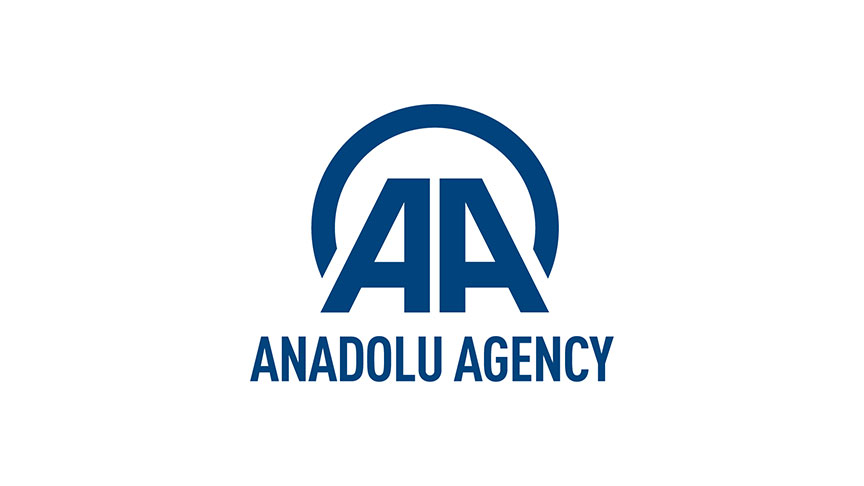The Writer holds an MSc in Eurasian Political Economy & Energy from King’s College London and also an MA in European Studies from Sabancı University.
In 2011, the discovery of a major offshore gas field in Mozambique’s northern Rovuma basin became the focus of attention to transform the country into a significant LNG exporter. With a volume of 100 trillion cubic feet (tcf) of proved reserves, Mozambique has become the third largest reserve holder after Algeria and Nigeria in Africa. According to data provided by the Energy Information Administration, while Mozambique is not a major gas producer in the region with a production of 198 billion cubic feet (bcf), of which 134 bcf was exported to the South African gas market through the Sasol gas pipeline, however, currently both International and National Oil Companies are in intense competition to procure investment opportunities to benefit from large untapped gas reserves.
Although it is unclear how quickly Mozambique’s gas reserves can be developed, the best-case scenario for LNG exportation is estimated to start at the earliest, in 2020. Since mega projects such as the construction of LNG terminal are inextricable linked to oil and gas prices, this goes without saying; in an era of low oil and gas prices, even vast gas reserves might not attract as many investors as previously seen. Commercialization of gas resources on this scale would require billions of dollars worth of investment. For a country with a population of 24.5 million and US$14.81 billion worth of GDP, according to the 2015 World Bank statistics, it is tougher than one might think for a country defined as a ‘low-income developing country�� to hit the jackpot.
Amid the oil price crash, major oil companies have slashed expenditure, postponed investment and tightened their belts. Therefore, to proceed and finance the project in an unfavorable business environment, Mozambique has to pick up the pace to create a business-friendly environment before the windows of opportunity close. Among many other alternatives, the most commercially viable option for Mozambique is either the realization of a pipeline through the South African market for domestic consumption, or in the form of an LNG terminal.
Although the Sasol pipeline has been feeding the South African gas market for several years, but with inconsequential volumes, it nonetheless has benefitted from power generation, the reduction of gas emissions and in the provision of energy security. If IOCs make substantial finds, it could allow Mozambique to feed the South African gas market with larger volumes in the years ahead. Given the strong partnership that the parties have enjoyed in recent years, Mozambique’s pipeline exports could help South Africa reconsider its plans for nuclear power investment, which has been on the table for power generation.
The second plan, which has also been on the agenda since major discoveries were made in 2011, is to export gas in the form of LNG. As of 2012, Italian ENI and Texas-based Anadarko Company announced the signing of an agreement to develop a single onshore LNG project in the North of Mozambique. Fiscal and royalty policies still need to be clearly written and financial challenges have to be resolved to commence the investment project.
To construct a framework for the development of the gas sector, the incumbent government in Mozambique published a natural gas master plan in 2012, funded by the World Bank, the Petroleum Governance Initiative and the Norwegian government. The plan details how to set up a sovereign wealth fund similar to Norway, which will outline how to wisely spend billion dollars worth of resources to best favor employment and enhance social standards in the country.
The master plan sets out a framework for transparency, good governance as well as a mechanism through which local communities will be able to participate in the decision-making process. The master plan addresses how to fund and develop infrastructure, avoid environmental degradation, and create employment opportunities that are fundamental in mitigating the overall impact of the high level of unemployment in the country.
The plan also highlights the major drawbacks that Mozambique would likely face once the prolific natural gas discoveries have become operational. Lack of working and financial capital, lack of industrial experience, especially in the field of LNG, and significant maintenance costs remain to be resolved, which otherwise would pose a hindrance to the overall intended development process.
Amid the vast economic literature, many studies have shown that countries with abundant natural resources have failed to advance their economies compared with those with no resources �� a phenomena known as a ‘resource curse��, of which Mozambique could be affected by unless the required precautionary steps are taken. In addition, the possibility of rent-seeking behavior �� reaping private benefits through political processes - should be kept in check through the creation of a governing body with a high level of transparency. And finally, in the event of Dutch disease, which occurs due to large volumes of foreign currency flows with the sale of resources, the appreciation of local currencies against foreign currencies should be balanced out.
To wisely prepare for future overall economic performance, over-dependence on commodity markets along with the boom-bust cycle of energy prices should carefully planned. And also, the effect of crowding out investment in sectors other than energy should also be taken into consideration, and supported through economic diversification plans.
Along with the enormous challenges that lie ahead, with the lack of infrastructure, financing and skilled personnel, one of the other big issues to consider is whether political risks such as expropriation, punitive tax levying or nationalization would follow afterwards. Therefore, unless these resources are carefully managed, it will not be possible to turn them into riches. The downside of failure to correctly avail of this opportunity could generate further conflict in the country resulting in social backlashes in the long-term.
- Opinions expressed in this piece are the author’s own and do not necessarily reflect Anadolu Agency's editorial policy


